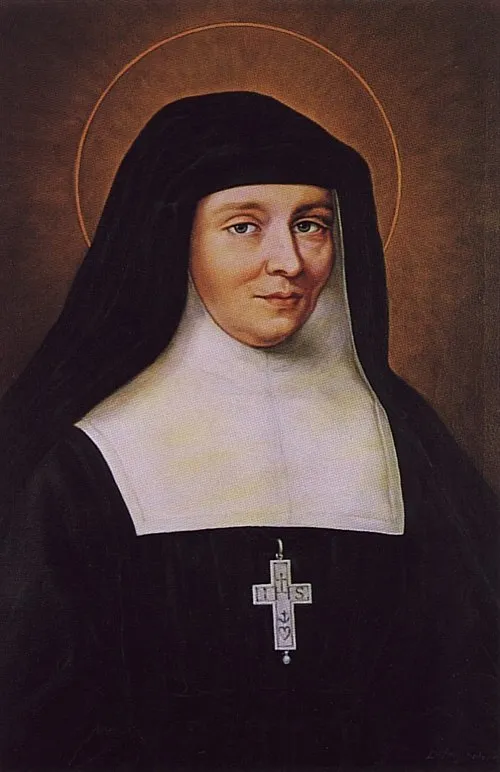
Exploring the Life and Legacy of Ida of Nivelles
Ida of Nivelles, a significant figure in early medieval Christianity, is best known for her role in the establishment of monastic life in Belgium and her unwavering commitment to faith. Living during the 7th century, she founded the famous Nivelles Abbey, which became a center of learning and spirituality. This article delves into her life, contributions, and the enduring legacy she left behind.
Historical Context
Ida of Nivelles was born around the year 650 in what is today Belgium. As the daughter of King Pipin the Middle, her lineage placed her in a unique position within the Merovingian dynasty. The Merovingians were known for their efforts to consolidate power and establish Christianity as a dominant force in their realms. Growing up in such a politically and religiously charged atmosphere, it's no surprise that Ida would become a pivotal figure in the spread of Christianity.
The Foundation of Nivelles Abbey
In 660, seeking a life dedicated to God, Ida founded the Nivelles Abbey, which would later become known for its contributions to monastic education and religious life. The abbey served as a refuge for women who wished to escape societal pressures and pursue a life of contemplation and service. Under Ida's leadership, the abbey attracted numerous followers, and she became a mentor to many novice nuns.
Ida's Spiritual Influence
Ida of Nivelles was known for her piety, humility, and profound spiritual insight. Her dedication to prayer and service inspired many, and her life became a model for monastic communities across Europe. Legends tell of her abilities to perform miracles, which further solidified her status as a saint among her followers. Even after her death, testimony of her virtuous life continued to inspire generations.
Legacy and Canonization
Ida passed away on January 8, 690, but her impact did not end there. Following her death, the Nivelles Abbey flourished, becoming one of the most revered monastic establishments in the region. In the 19th century, she was canonized as a saint, further affirming her lasting legacy within the Catholic Church. Her feast day is celebrated on January 8 each year, honoring her contributions to Christian monasticism.
Ida's Lasting Impact on Women's Monastic Life
Ida of Nivelles is often cited as a pioneer for women in the church. By establishing a community where women could thrive spiritually and intellectually, she broke away from the confines of societal norms of her time. Her abbey became a model for future female monastic institutions, demonstrating that women could hold significant authority as leaders in their spiritual communities.
Ida of Nivelles in Modern Times
Today, the legacy of Ida of Nivelles continues to resonate. Her story is a reminder of the invaluable contributions women have made throughout history, particularly in the sphere of spirituality and education. The Nivelles Abbey, now a historical site, attracts visitors who seek to learn about her life and the early roots of monasticism in Belgium.
Conclusion
In summary, Ida of Nivelles stands out as a remarkable figure whose life and work transformed the landscape of early medieval Christianity. Through her dedication to monastic life and the establishment of Nivelles Abbey, she laid the groundwork for countless women to follow in her footsteps. Her legacy demonstrates the profound impact one individual can have on the spiritual and social fabric of their community, influencing practices that continue to this day.






